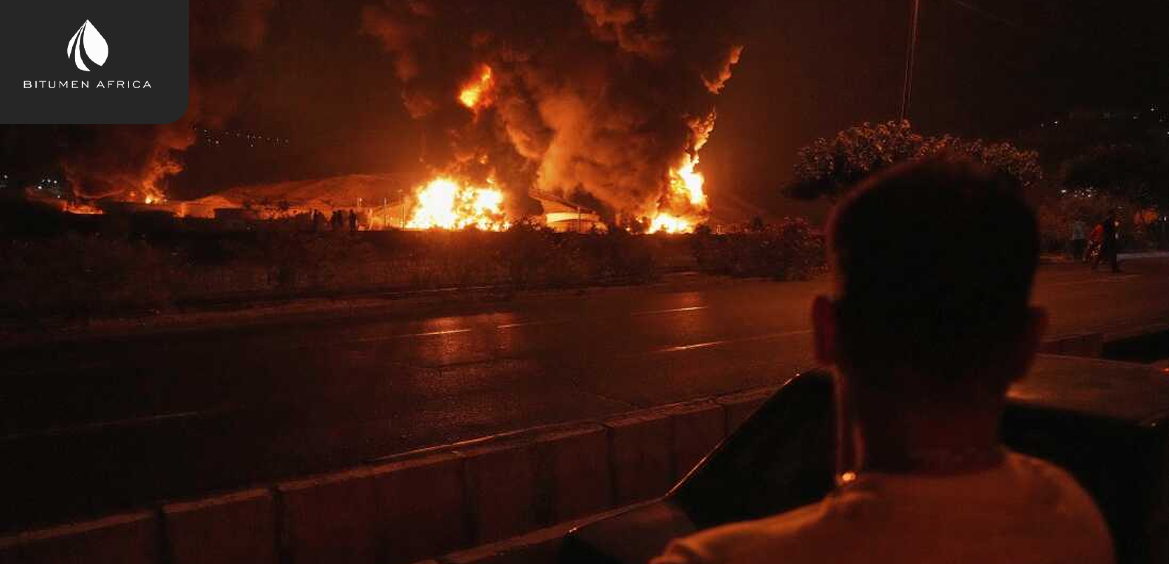Brent crude futures jumping over 4% on Sunday following an 8% surge on Friday. This spike is driven by escalating military conflict between Iran and Israel, which has now extended to critical energy infrastructure. The current crisis represents one of the most significant recent shocks to global oil markets, as fears mount over potential supply disruptions.
Over the weekend, Israel launched airstrikes on several key Iranian energy sites, including the Shahran fuel depot and the Shahr Rey oil refinery in Tehran. These attacks led to large fires and significant damage, especially to fuel storage tanks. Iran’s oil ministry confirmed extensive destruction, marking the most damaging phase of the conflict yet and threatening Iran's already fragile energy sector, which is burdened by international sanctions.
In response, Iran retaliated with drone and missile attacks on Israeli targets, including the Haifa oil refinery. The mutual targeting of energy facilities has heightened concerns about the conflict escalating further and affecting regional stability. Notably, Israel also struck a part of Iran’s South Pars gas field, halting a portion of production. This marked the first direct hit on Iran’s core gas infrastructure, raising new alarms about energy security in the region.
Beyond the immediate conflict, broader implications are emerging. The Strait of Hormuz—vital for global oil transit—has become a focal point of concern, although a complete blockade is considered unlikely. Meanwhile, geopolitical tensions are pushing global markets into uncertainty. U.S. President Donald Trump called for de-escalation and criticized the surge in oil prices, but with both nations continuing to target energy assets, the outlook remains volatile.

